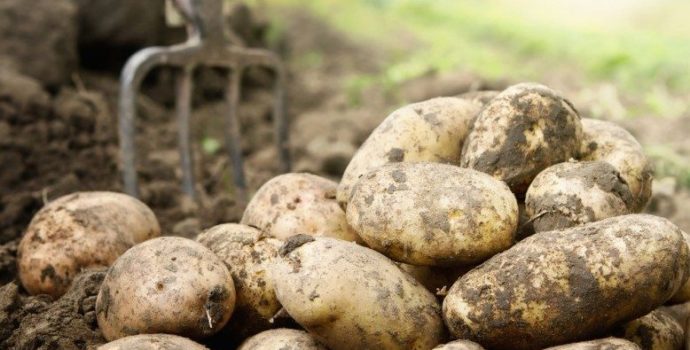Banks Must Deliver a Comprehensive and Competitive Service to Farmers

In the past week the IFA has met with the CEOs and heads of agribusiness in the three main commercial banks: Bank of Ireland, Allied Irish Bank and Ulster bank.
Commenting on the meetings, IFA Deputy President Tim O’Leary said, “The IFA has met with the banks and expressed the key banking issues of concern and has called on the banks to deliver a comprehensive and competitive service to farmers.”
IFA Farm Business Chairman Tom Doyle said, “In all meetings the IFA has strongly opposed the imposition of percentage charges by banks on debit card transaction payments has raised objections to the imposition of any new limits on over the counter services on the grounds of impracticality and security. The IFA has also pressed for competitively-priced financial products that reflect both the historically low cost of funds available to banks and the performance of the agricultural sector including the stand out repayment record of farmers”.
Mr Doyle added, “While the recent Budget announced a reduction in the cost of electronic payment services through a reduction in the interchange fee cap, the move doesn’t go far enough. If banks and the government are serious about businesses moving to electronic payments, debit card transactions must be subject to a reasonable fixed fee instead of a percentage charge. We have expressed these concerns and some progress has been made, but until a fixed fee is agreed for debit card transactions they are not a realistic payment service for agri-merchants and marts where larger transaction amounts make debit card transactions prohibitively expensive to operate.”
On the use of cheques, Tom Doyle said, “During our meetings we also expressed the concerns of many farmers and small business owners about the cost and continued availability of cheques. Cheques remain a common and convenient form of payment for farmers and rural businesses who operate in an environment where electronic payment mechanisms are not available or easily accessible, while some older farmers are neither familiar nor comfortable with electronic payments. In response to these concerns we have received reassurances from the commercial banks that cheques will remain a valid payment mechanism into the future. “
Deputy President Tim O’Leary concluded, “Under the National payments strategy the government aims at making savings of €1bn annually to the Irish economy by reducing cheque usage and encouraging the uptake of more cost effective forms of payment such as debit cards and electronic banking. The strategy document also states that cheques will remain available to those who wish to use them, and consumers will not be obliged to discontinue using them. Recent surveys from the Irish Central Bank show that the government has been successful in its aim of significantly reducing cheque usage. However Ireland remains one of three major EU Member States (five including Malta and Cyprus) that still uses cheques to a significant extent. The IFA is engaging with the banks to ensure farmers are educated on the use of electronic payment options, are working to resolve the remaining issues around the use of debit cards and will continue its work to ensure that cheques remain a viable and cost effective payment method for the thousands of farmers who use them in there day to day business transactions.”




